Did you know that the word “Easter” only appears once in the entire Bible, and even that instance is heavily debated by scholars? If you’ve been searching for Easter in the Bible, you might be surprised by what you actually find—or don’t find.
The Curious Case of “Easter” in Acts 12
When you look for Easter in the Bible, you’ll likely stumble upon Acts 12:4 in the King James Version, which mentions “Easter.” However, most modern translations use “Passover” instead. Why? The original Greek word is “pascha,” which refers to the Jewish Passover, not the Christian celebration we know today.
“And when he had apprehended him, he put him in prison, and delivered him to four quaternions of soldiers to keep him; intending after Easter to bring him forth to the people.”
Acts 12:4 (KJV)
This translation choice in the King James Bible reflects Anglo-Saxon influences rather than biblical origins. The word “Easter” comes from “Eostre,” an Anglo-Saxon goddess associated with spring and fertility. Strange connection, isn’t it?
You might also want to read: Facts About Easter That Will Make You See The Holiday In A New Light
The Resurrection Story: The True Easter in the Bible
While the term “Easter” might be scarce, the resurrection of Jesus Christ—what Easter celebrates—is abundantly documented in the Gospels.
The most detailed accounts appear in Matthew 28, Luke 24, and John 20. These passages describe how Jesus rose from the dead on the first day of the week (Sunday), following his crucifixion.
“He is not here; he has risen, just as he said. Come and see the place where he lay.”
Matthew 28:6
The resurrection accounts describe the empty tomb discovered at dawn—perhaps the scriptural basis for today’s sunrise service traditions.
The Gospel of Luke presents a particularly moving account of disciples encountering the risen Christ on the road to Emmaus, showcasing the profound impact of Jesus’ death and resurrection on his followers.
The Passover Connection
Did you realize that the Last Supper described in Luke 22 was actually a Passover meal? Jesus’ crucifixion coincided with the Jewish Festival of Unleavened Bread. This timing wasn’t coincidental—it establishes Jesus as the ultimate Passover lamb, sacrificed for our redemption.
“Get rid of the old yeast, so that you may be a new unleavened batch—as you really are. For Christ, our Passover lamb, has been sacrificed.”
1 Corinthians 5:7
The early Christians didn’t celebrate “Easter” as we know it today. Instead, they commemorated Jesus’ resurrection as the fulfillment of Passover, emphasizing his victory over death rather than adopting symbols of fertility like eggs or bunnies.
Celebrating Easter with Biblical Focus
When celebrating Easter today, you might wonder how to honor its biblical roots. Consider focusing on the resurrection of Jesus Christ rather than cultural traditions. Read the resurrection accounts in the Gospels. Reflect on what it means that Jesus conquered death for you personally.
Must read: Happy Easter, He Is Risen: 30 Powerful Messages to Share the Good News
Many churches hold special services throughout Holy Week, culminating in Easter Sunday celebrations. A sunrise service can be particularly meaningful, connecting you to those early morning moments when the disciples discovered the empty tomb.
Have you ever considered how remarkable it is that this pivotal event—the resurrection—forms the foundation of Christian faith, yet the word “Easter” barely appears in scripture? It reminds us that what matters most isn’t the name or cultural traditions, but the world-changing reality that Jesus rose, just as he promised.
As you search for Easter in the Bible, remember that its essence—hope, redemption, and new life through Christ’s victory—shines throughout scripture, even if the word itself remains largely absent.



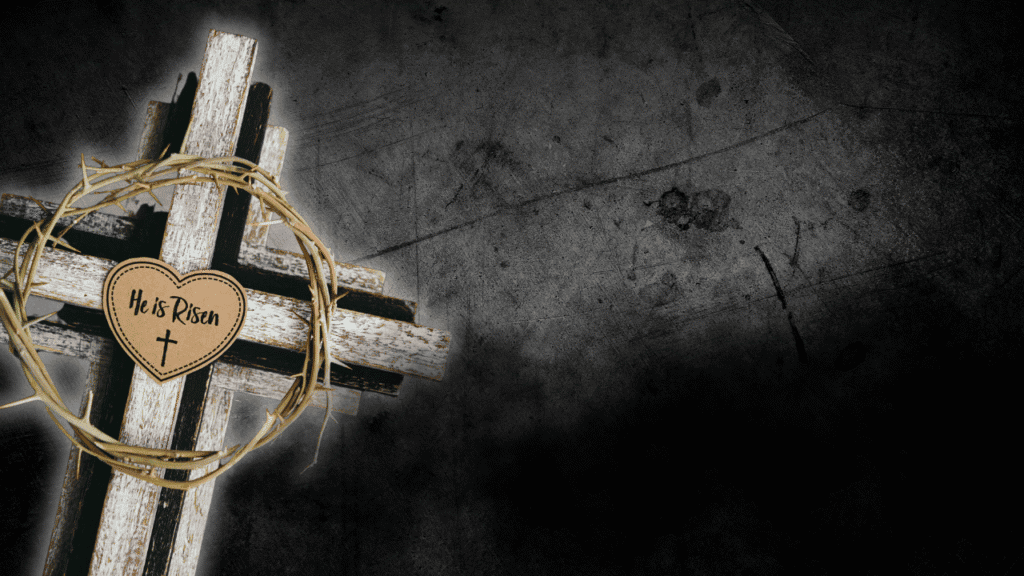
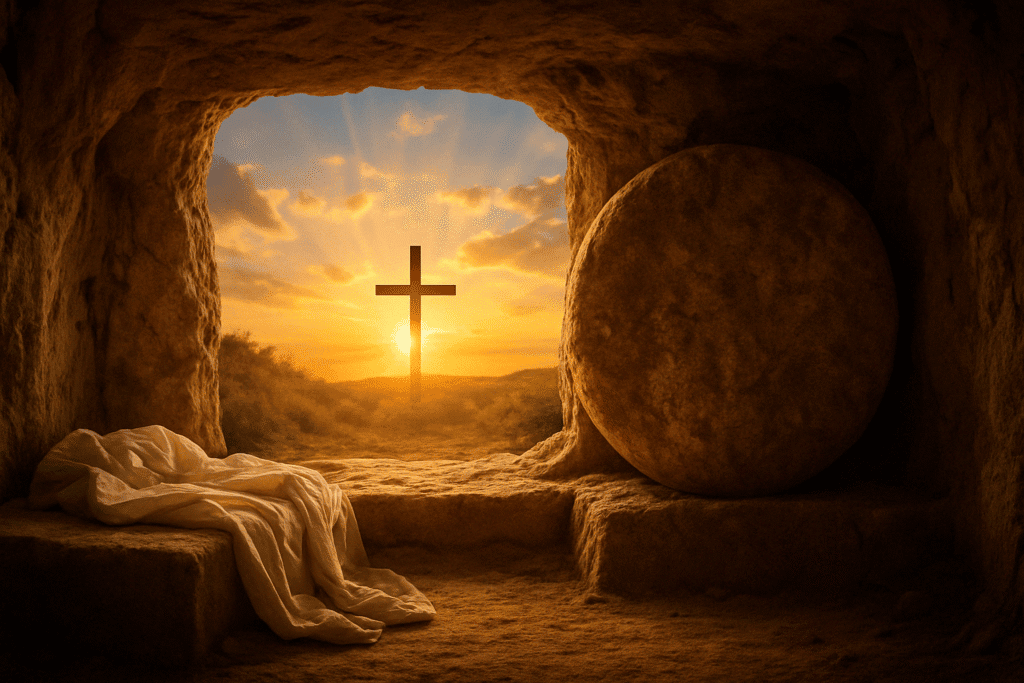


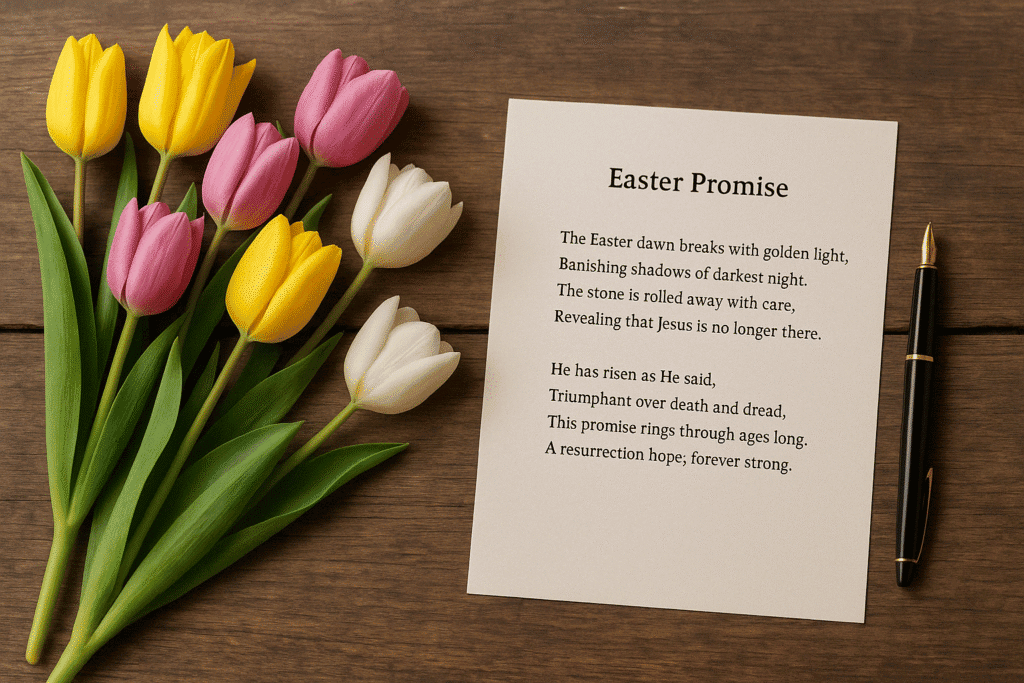



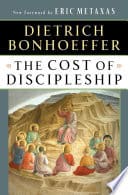
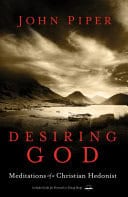









Leave a Comment